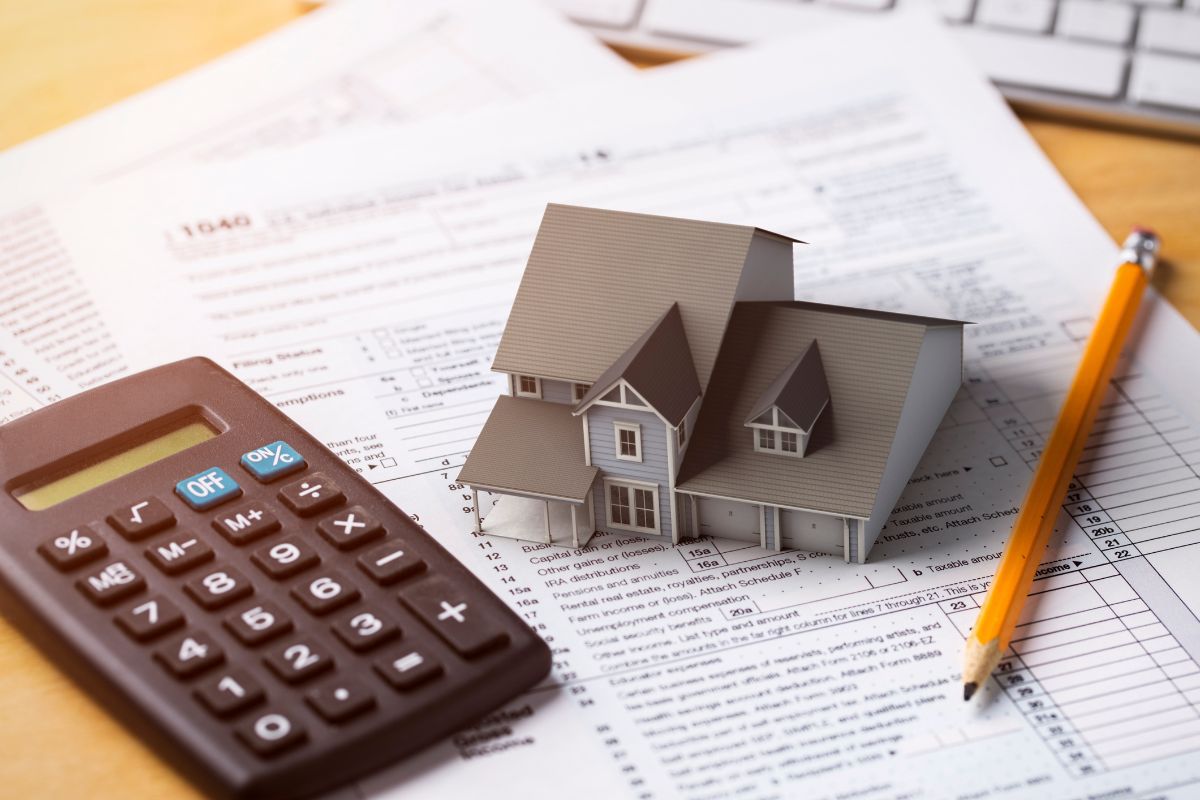When a real estate investor sells a property at a profit, they could end up with significant capital gains tax liability. The good news is that Section 1031 of the IRS Code allows real estate investors to delay paying these taxes through 1031 exchanges. A 1031 exchange allows an investor to trade the sold investment property for another “like-kind” property and postpone payment of the tax until the new property is sold. By understanding 1031 exchanges, you can maximize your real estate investments and minimize your tax liability.
1031 Exchanges
1031 exchanges require that investment properties be “like-kind,” meaning that the two be somewhat similar. According to the IRS, properties are “like-kind if they’re of the same nature or character, even if they differ in grade or quality.” In other words, the properties don’t have to be exactly alike and may be very different and still qualify as “like-kind.” For example, an investor may be able to sell a ranch and swap it for an undeveloped property in an urban community. Investors can realize profits from an exchange. The amount of profit attributed to the “like-kind” property will be deferred until the investor decides to stop reinvesting.
There is no limit on the number of times an investor can complete an exchange. 1031 exchanges can only be used for business or investment properties, and they cannot be used for an investor’s personal residence.
The 1031 Process
Once the original investment property is sold, the proceeds are given to a qualified intermediary (QI). The investor will then have 45 days to select a replacement property and notify the QI in writing. The investor can choose up to three properties, provided he or she closes on one of them. The QI will purchase the replacement property and transfer it to the investor. Closing must occur within the earlier of 180 days of the original sale or the due date of the investor’s tax return for the tax year in which the initial investment property sale occurred. If there are profits outside of the “like-kind” exchange, they will be paid to the investor and subject to taxation.
California and 1031 Exchanges
When a California resident makes a 1031 exchange, all of his or her income is generally considered taxable by the state, even if the replacement property is outside California. The state requires investors to file an FTB 3840 form during the “year that the like-kind exchange occurs and every year after that as long as the gain or loss is deferred.” According to the State of California Franchise Tax Board, the reporting requirement will continue until one of the following events occur:
- The deferred California sourced gain or loss is recognized on a California return.
- The property is transferred through inheritance, eliminating the deferred California source gain or loss.
- The replacement property is donated to a non-profit organization.
If the out-of-state replacement property is later exchanged for another property as part of a tax-deferred exchange, an FTB 3840 will still be required as long as the deferral continues.
Contact the Law Office of Raffy Boulgourjian
Attorney Raffy Boulgourjian is a California real estate attorney with over twenty years of experience representing clients in residential and commercial real estate cases. He has the knowledge and expertise to protect your real estate interests. Contact Mr. Boulgourjian today to schedule a free legal consultation to discuss your California real estate needs.


